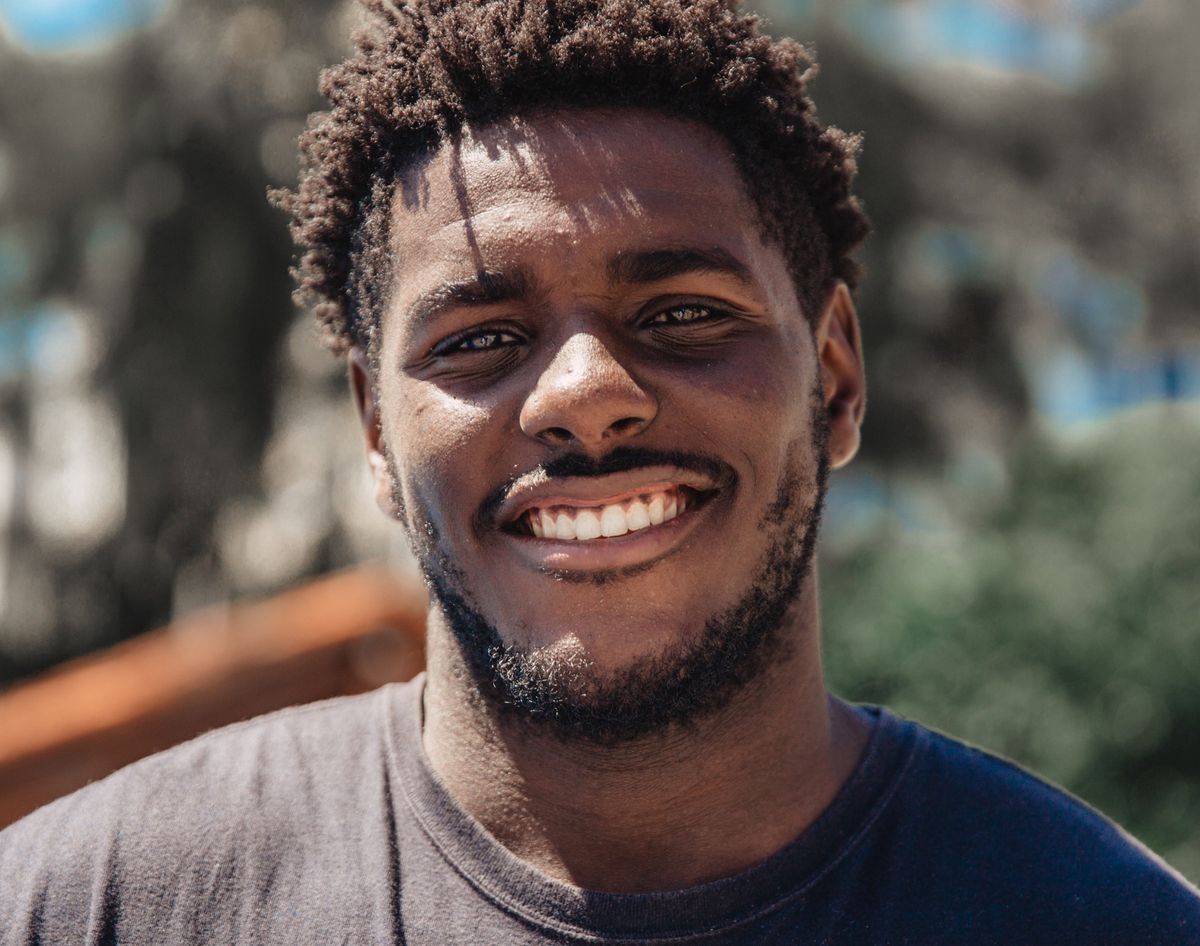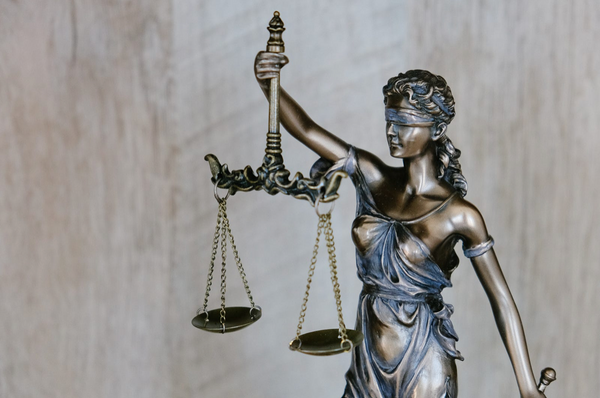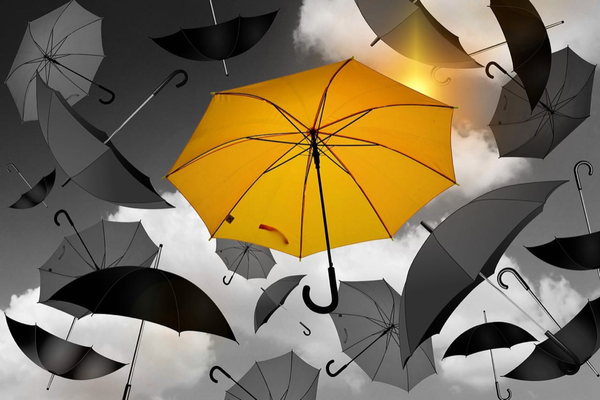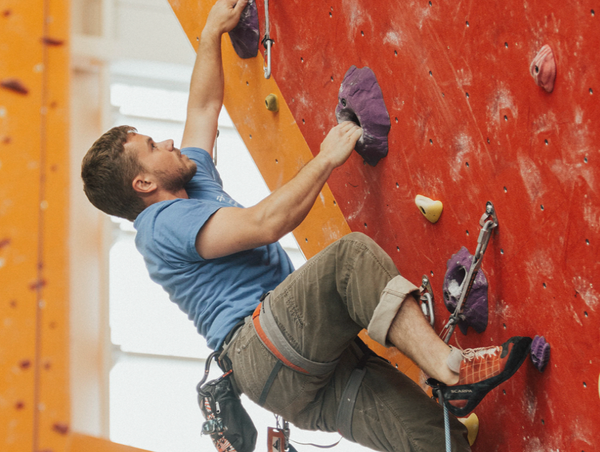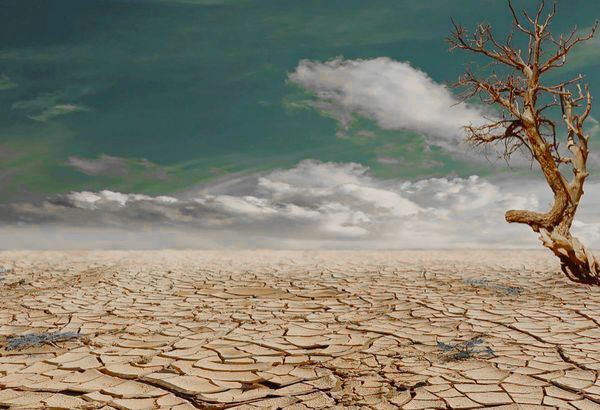Driving is an interesting microcosm of the human experience, and frequently not in a good way. Many of us spend quite a few hours behind the wheel on roads packed with other drivers—i.e., other people—and yet all too often it seems to be everyone out for themselves.
Driving slow in the fast lane; skipping the turn signal; pulling out in front of another car; blowing through a red light . . . all of these actions have become so common we barely shrug anymore. Some, I suppose, are because drivers are moving along in their own little world, oblivious on some level to how much their negligence affects others. And others just don’t give a damn.
Cars and drivers being what they are, there is another level up that can be even worse: the many myriad reasons why one can end up on the side of the road and truly at the mercy of those other drivers. Accidents. Flat tires. Overheating . . . broken belt . . . mysterious cautionary lights . . . the list is endless.
Sometimes we can handle the issue ourselves, sometimes we have someone we can call, and sometimes we just have to hope and pray that a good Samaritan will stop.
Fortunately, the age of chivalry isn’t completely dead and a man will often stop to help out. Interestingly—in my case at least—the majority have been Black men.
These issues can technically happen to anybody, and technically anybody could stop to help, but demographics play a role. People with older and/or less expensive cars (that is, people with less money) have more issues. Clueless teens have more issues.
Women tend to be raised with less mechanical knowledge, are a little less strong on average, and are more likely to have kids in the car. At the same time, we’re also a more vulnerable target for the wrong person to stop. Fortunately, the age of chivalry isn’t completely dead and a man will often stop to help out. Interestingly—in my case at least—the majority have been Black men.
Now, I recognize that as one of 300-some million Americans, my experiences do not a compelling statistic make. Nor do I think that skin color necessarily makes one more willing to help. Nonetheless, when five of six good Samaritans stopping to help a white woman are Black, it is of note: not just because they’re a smaller percentage of the population, but primarily because we white women are not known for treating Black male strangers well.
Virtually everyone knows the fate of Emmett Till; more recently, a white woman called the police on two Black men for the heinous crime of sitting in a Starbucks, and Christian Cooper made the news for asking a white woman to leash her dog. And there are a million similar incidents before, between, and after. Sadly, while it is understandable for any Black person to be leery of any white person in America, Black men still need to worry for their very lives around white female strangers. This makes the five men who helped me that much more special.
Flat tires are probably the most common situation for which people need help, especially women, and actually one for which I do not. I was taught this skill early on and have done it numerous times. It is, however, dangerous on the side of a road, I’m not often dressed for it, and twice I had a young daughter in the backseat.
Sadly, while it is understandable for any Black person to be leery of any white person in America, Black men still need to worry for their very lives around white female strangers.
Beyond that, if someone is kind enough to stop, I don’t want them to skip the next damsel in distress because I said I was fine without them. So for all of these reasons, I let them help and am as grateful as I can be.
I’ve received this support three times: once from a highway assistance truck, once from a white mechanic, and once from a young Black man wearing office clothes during rush hour. I imagine he got a spot or two on his dress shirt and was probably late to work, so extra thank-yous are due. He simply said he hoped that if his sister were in a similar situation, someone would stop for her.
In my second instance, the help was completely unnecessary, and in some ways that makes it all the nicer. One evening around dusk I pulled into a gas station for air in my tires, behind a middle-aged Black gentleman filling his own. He said, “Let me finish up and then I’ll do yours.” I thanked him but said that wasn’t necessary, to which he replied, “Don’t worry, I am a Black man but I am safe; I just like to pay it forward.”
How sad that he felt the need to say that, and after that how could I say no! After he filled my tires, we ended up talking for over an hour in the middle of that gas station—about our spouses, our kids, his roots in Jamaica, Bob Marley (because, Bob Marley!), racism, America . . . . I’m not sure I’ve ever met a nicer or more candid stranger, and I will remember him always.
I’ve sometimes wondered since then how many of us white folks would automatically roll down a window to a large, yelling, pounding Black man, but it could be their loss if they didn’t.
In the third situation, I was actually helping someone else when a young Black man stopped to help me help them. I was driving down a busy two-lane road in the middle of white suburbia in the dark when traffic came to a stop. Apparently, an elderly woman was turning left when her car stalled out and was blocking both directions; unsure what to do, she simply sat in her car.
I told her to steer while I pushed when the young man jumped out to help. I don’t recollect that he said so much as a word, but he was the only one who did anything out of a couple dozen cars and I am thankful he did.
Most of us have had mental lapses where we left something on the top of our car and then drove off; in this fourth incident, it was my turn. I had no idea, either, until a burly Black man ran up to my window at a stoplight, yelling and pounding. I immediately turned off the music and opened my window, since he clearly needed to convey something, and he promptly handed me my laptop.
The really funny thing was that I had been driving for a half-hour in the middle of the day at that point—mostly on the expressway! Not only had my laptop somehow managed to cling to my car the whole time, but no one, out of hundreds of cars, beeped or waved or did a single thing to alert me to this.
I’ve sometimes wondered since then how many of us white folks would automatically roll down a window to a large, yelling, pounding Black man, but it could be their loss if they didn’t. I know I’m incredibly thankful for this particular man!
My last situation also involved a bit of a brain fart, but I’m glad it did as it resulted in my meeting one of the nicest people on planet earth or perhaps anywhere. My husband had offered to fill my gas tank before I went on a beach trip, and even though he told me he hadn’t been able, I had mentally checked it off.
So a friend and I were tooling down the highway, Miata top down, enjoying the sun, when—yup—the car just died. In the middle of absolute nowhere rural North Carolina. With no phone reception. This woulda-coulda-shoulda been the end of a lovely day before it even got started, except for a guardian angel.
This elderly Black man in a ramshackle pickup wasn’t even going our way but did a U-turn to come back for us. He clearly spent a lot of time in his truck as he was scooping away all sorts of odds and ends to make room when he pulled up.
While I am a cautious person and would never tell my daughters to get in with a stranger, this guy was one of those exceedingly rare people who just absolutely exuded wonderfulness. He drove us to some friends’ house to borrow a gas can (strangely enough, an older mixed-race couple in—again—the rural south, and this was a while ago).
They cheerfully obliged and he then drove us to a gas station, filled the gas can, drove us back to the car, and filled it, all the while chatting happily. Race didn’t come up much, and if he had any trepidation about picking up two thirty-something lily-white women, it didn’t show at all. If we’d had to cover all of that area by foot, my friend and I might still be walking!
. . . all these gentlemen have undoubtedly been cautioned about their interactions with white women, and yet they all chose to prioritize the golden rule: Love one another.
These are all men who were extraordinary in their ordinariness, and these are the stories that don’t make the news but really ought to. There are way too many segregated white people who think all Black men sell drugs and carry guns because that’s who they see on the news, when in fact the vast majority I’ve known are like the gentlemen above.
And all of these gentlemen have undoubtedly been cautioned about their interactions with white women, and yet they all chose to prioritize the golden rule: Love one another. Flat tire or not, that’s a lesson a lot of us could do better at.
To all of these men, wherever they are and whose names I don’t even know anymore, Thank You—and I love you. Not even for helping me with my car issues, appreciative though I am, but because you’re showing the world a better way to be.
Photo by Elizeu Dias on Unsplash


